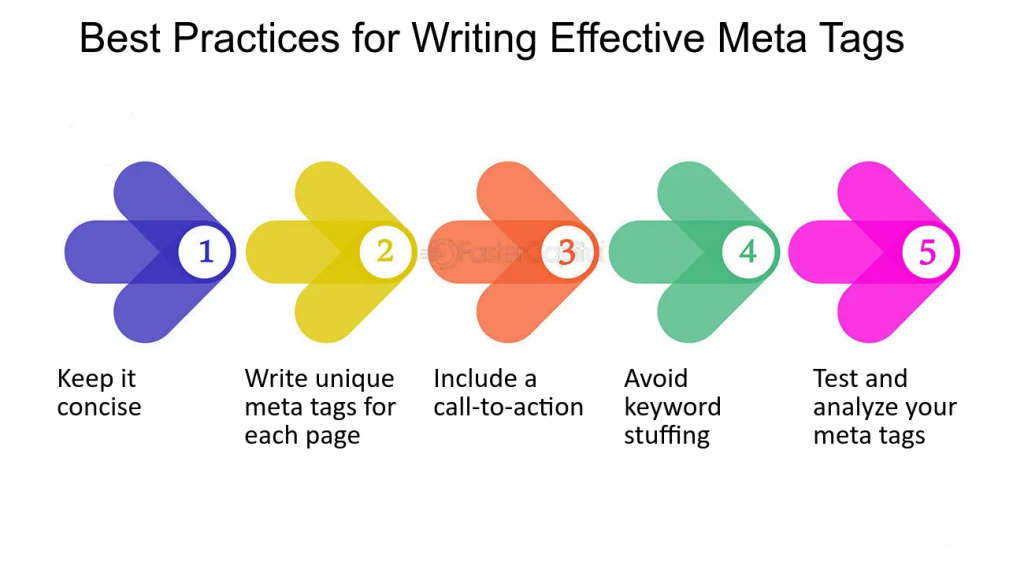
Search Engine Optimization (SEO) is an indispensable aspect of digital marketing, crucial for enhancing visibility and attracting organic traffic to your website. In this comprehensive guide, we’ll delve into the fundamentals of SEO and explore actionable strategies to improve your website’s search engine rankings.
Understanding SEO:

SEO revolves around assisting search engines like Google and Bing in finding and ranking your website’s content. It entails optimizing various elements to ensure that your website appears prominently in search results for relevant queries.
Understanding Your Online Customers:

Effective SEO begins with understanding the behavior of your online customers. By analyzing how users search for products and services, you can tailor your SEO strategies to align with their search intent across different stages of the customer journey: awareness, consideration, and purchase.
Utilizing Keywords on Your Website:

Keywords play a pivotal role in SEO, representing the terms and phrases that users input into search engines. Integrating relevant keywords into your website’s content, page titles, metadata, and image descriptions enhances its visibility and relevance in search results.
Regular Content Updates:

Frequent content updates signal to search engines that your website is active and engaging. Adding fresh content, such as product information, customer testimonials, videos, and news updates, not only improves search engine crawling but also enhances user engagement and retention.
Building Referrals from Other Websites:

External referrals from reputable websites serve as a vote of confidence in your content’s credibility and relevance. Acquiring backlinks from authoritative sources enhances your website’s authority and credibility in the eyes of search engines, consequently improving its search rankings.
Leveraging Meta Tags:

Meta tags provide additional information to search engines about your website’s content. Optimizing meta tags, including meta descriptions, titles, and alternative text for images, improves search engine understanding and presentation of your web pages in search results.
Staying Updated on SEO Techniques:

SEO is an evolving field, with search engines continuously refining their algorithms and ranking criteria. Staying abreast of the latest SEO trends, emerging keywords, and advancements in search technologies ensures that your website remains competitive and maintains its visibility in search results.